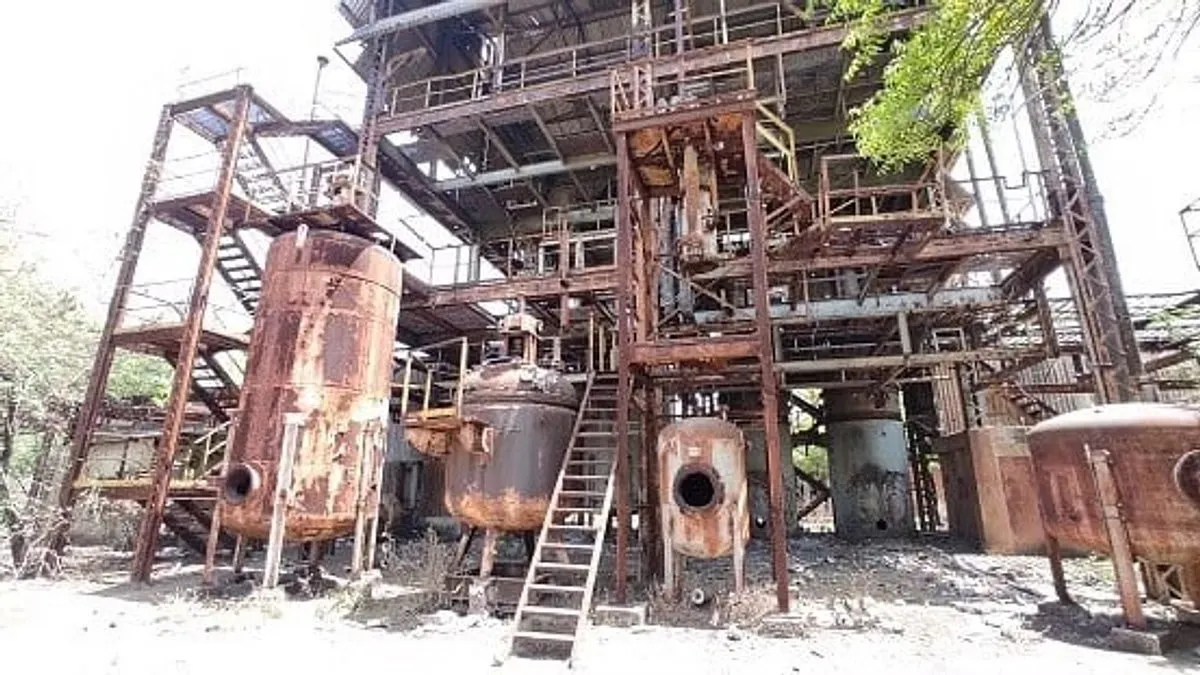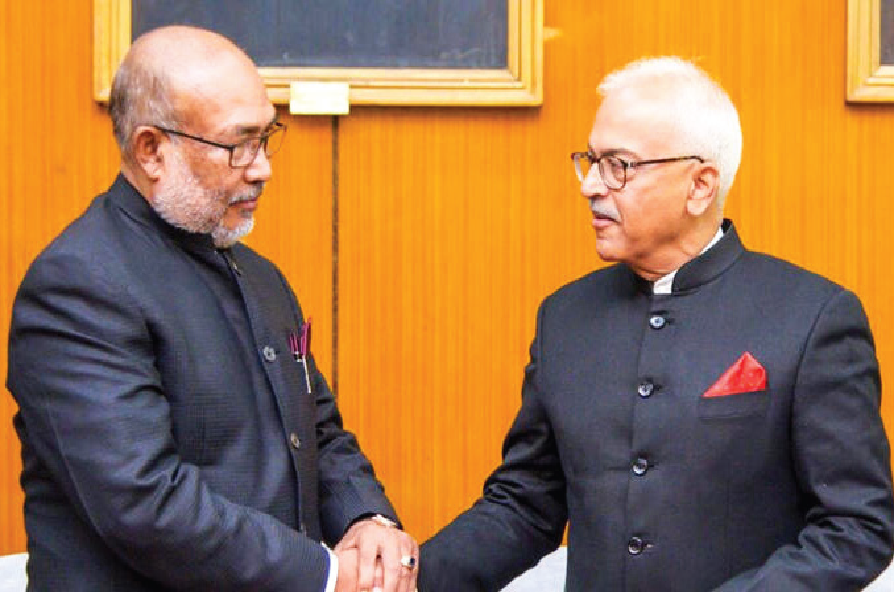
Areas near Bhopal gas tragedy site now see real estate boom
PTI Bhopal: Union Carbide factory, the site of the deadly gas leak 40 years ago which was once located on Bhopal's outskirts, is no longer ostracised with its neighbourhood now dotted with residential and commercial establishments. The real estate in the the city grew, though slowly and haphazardly, in the past four decades, though the catastrophe slowed down the development of Bhopal compared to other state capitals. A prominent shopping mall-cum-entertainment centre is now located just 4 km away and hundreds of residential colonies have cropped up on the then vacant land near the disaster site, overlooking pollution that the tragedy created - be it groundwater or soil contamination.
The highly toxic methyl isocyanate gas leaked from the Union Carbide India Limited (UCIL) plant here on the intervening night of December 2 and 3, 1984, killing 5,479 persons and maiming more than five lakh others. The Union Carbide factory was part of the Kali Parade industrial campus and it was on the outskirts of the present-day old city, Vishnu Rathore, a former corporator who had represented the adjoining areas, told PTI. "Now, we can say it is in the middle of the city as hundreds of residential colonies and shopping outlets catering to the people's needs have come up," he said. Rathore, who was 16 years' old at the time of disaster, said the area is still under-developed but the real estate business has been thriving in the neighbourhood of the abandoned factory site. Since the tragedy, the city has seen a significant population growth and urban development, including in areas surrounding the Union Carbide plant campus, Confederation of Real Estate Developers' Associations of India (CREDAI) Bhopal unit chief Manoj Singh Meek said.
"The area in the vicinity of Union Carbide, located in northern part of the city, must have added around 100 residential colonies and a population of three lakh during the past four decades," he said. But, the industrial disaster severely dented Bhopal's development and economic growth, Meek said. "Due to this disaster, Bhopal lagged behind in the race of development of state capitals. No new industrial and big business development took place in Bhopal, resulting in slow pace of the city's growth," Meek said.
 English daily published in Bengaluru & Doha
English daily published in Bengaluru & Doha






